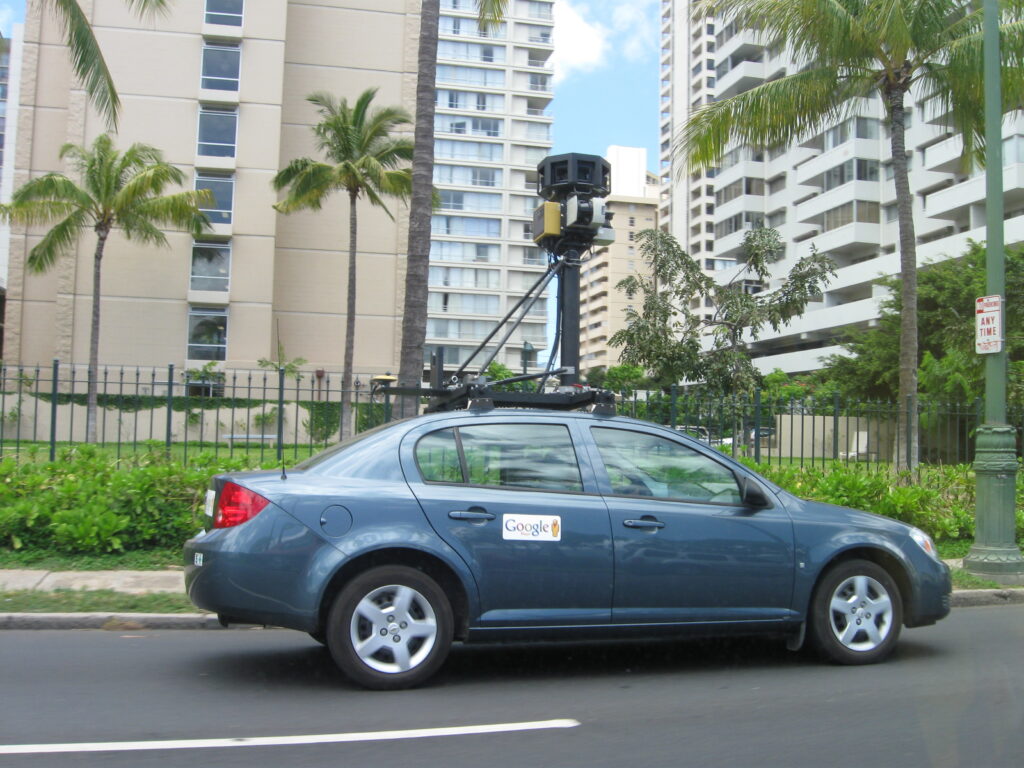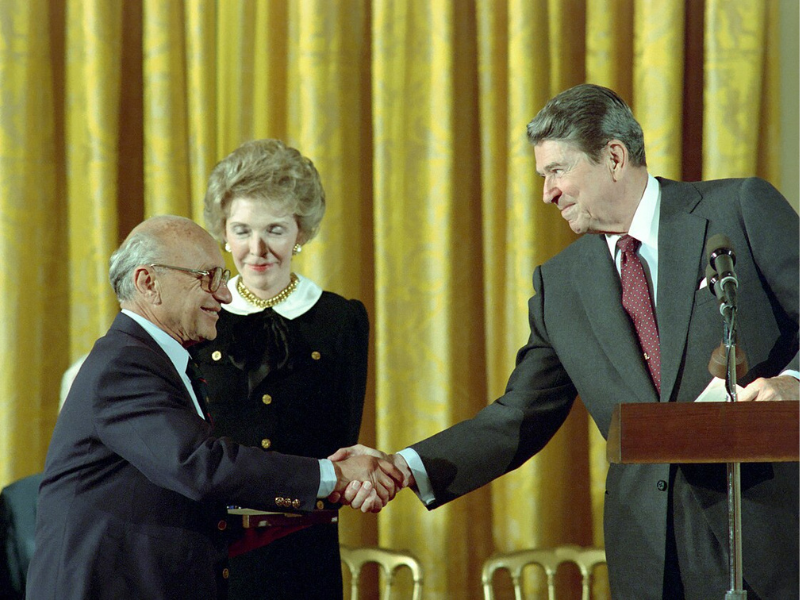Google is under fire once again for alleged privacy violations performed by the company’s Street View vehicles. The UK Information Commissioner’s Office (ICO) reopened its investigation of Google in June after documents released by the U.S. Federal Communications Commission revealed company engineers intentionally wrote software to capture “payload data”—user passwords, emails, and other private information—from unencrypted wi-fi networks.
On June 12 the FCC released documents related to the 17 month investigation the agency concluded in April, which revealed the company intentionally captured payload data from 2007 to 2010. The FCC determined Google “deliberately impeded and delayed” the agency’s investigation, resulting in a $25,000 fine.
Scott Cleland, founder and president of Precursor LLC, a Washington, DC-based technology policy research institution, says the FCC documents undo Google’s initial claim that a rogue engineer was responsible for the wi-fi eavesdropping.
“What the FCC uncovered was that Google was not telling the truth. The company knew and approved what was going on, and that’s why everyone around the world is so unhappy with Google right now,” Cleland said.
ICO Conducted Prior Investigation
The ICO reports directly to the UK Parliament and is sponsored by the Ministry of Justice. The independent office is tasked with investigating violations of the UK’s laws regulating data protection and electronic communications privacy. The ICO announced on June 12 it too was reopening its Google investigation.
The ICO dropped its previous Google investigation after determining a “very limited” cache of payload data had been “mistakenly collected.” The ICO also noted at that time it had verified Google had improved its data protocols to prevent future collection of payload data.
Google’s Street View program first aroused privacy concerns after German regulators mounted an investigation in 2010. The company initially claimed the payload data collection resulted from experimental software mistakenly uploaded to the Street View program. The software wasn’t intended for use by any Google products, the company said.
The FCC’s April report, however, counters Google’s claim that the payload data collection was the result of one engineer’s work. According to the FCC, the engineer “specifically told two engineers working on the project, including a senior manager, about collecting payload data.” The report concludes that no “privacy considerations [were discussed] with [Google’s legal representative] Product Counsel.”
‘Missed the Big Picture’
Eric Goldman, director of the High Tech Law Institute at Santa Clara University in California, says Google’s privacy violation was minor. “Google made a series of avoidable mistakes with its handling of wi-fi information in Street View, but even so, the reaction to Google’s mistakes has been massively overblown,” Goldman said.
“Google captured, at most, snippets of personal information. They shouldn’t have done this, but [it’s] ultimately inconsequential. In contrast, many websites, including Google, make far more troubling collections and uses of personal information that get barely any scrutiny at all. So the wi-fi situation has given all the Google haters a convenient excuse to beat up on Google, but by focusing on this relatively inconsequential situation, I think many of those Google bashers have missed the big picture,” he said.
Lee Tien, senior staff attorney at the Electronic Frontier Foundation in San Francisco, says it is unclear what further legal action Google will face in the United States. “The only thing over here that I’m aware of is an ongoing class-action lawsuit over whether its new privacy policy violates the old policy which claims it will not share information from one service with another,” he said.
Property and Privacy Rights
Bartlett D. Cleland, policy counsel for the Institute for Policy Innovation, a think tank based in Lewisville, Texas, agrees with Goldman’s opinion of Google’s actions.
“Corporations are not some magical entity, just as governments are not—they are instead a collection of people presumably united around a certain purpose,” Cleland said.
“Do some people make mistakes? Inevitably,” Cleland added. “The policy-community obsession with Google needs to end. Google is no more evil or good than any other company. As a community it might have a view it expresses as policy. The appropriate response is to address those policy issues directly, either in support or opposition, and hopefully ever better policy is formed in that interaction,” he said.
Scott Cleland (no relation), however, disagrees. “Google’s mission is to collect all the world’s information, and that’s what got them into this mess,” he noted. “They don’t respect property rights and privacy, and they’re also very secretive about what they do and how they do it. For over three years in over 30 countries, they’ve photographed tens of millions of homes and along the way have become the world’s largest wiretapping operation,” he said.
“The FCC fined them and threw up their hands in disgust,” Cleland added. “Whether the Justice Department or another federal organization will pick this up in the future is not certain. Right now it will be up to the state attorneys general to go after them,” he said.
Kenneth Artz ([email protected]) writes from Dallas, Texas.
Internet Info
“Enforcement Bureau Issues $25,000 NAL to Google Inc.,” Federal Communications Commission Document, April 13, 2012: http://www.fcc.gov/document/enforcement-bureau-issues-25000-nal-google-inc





